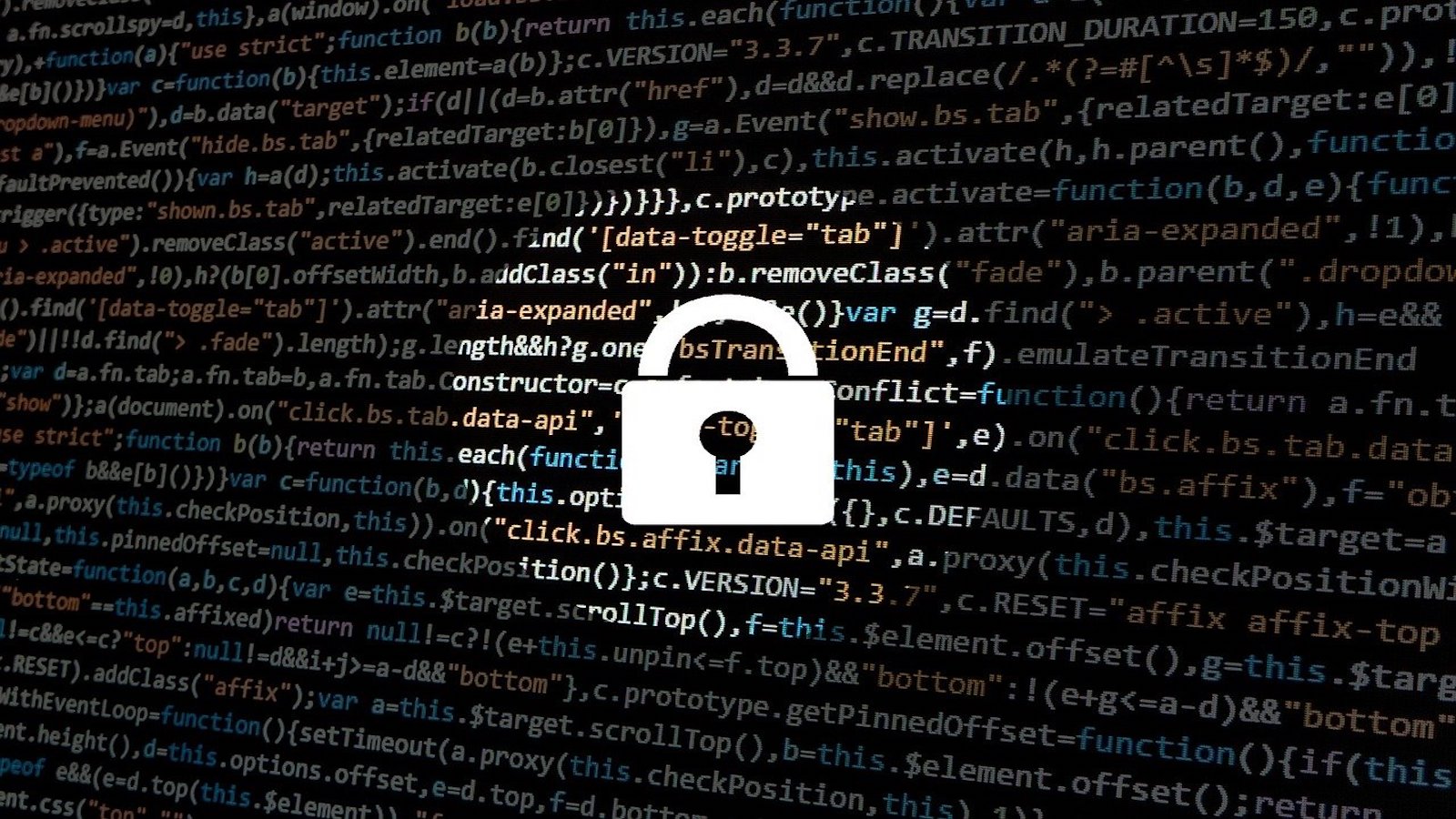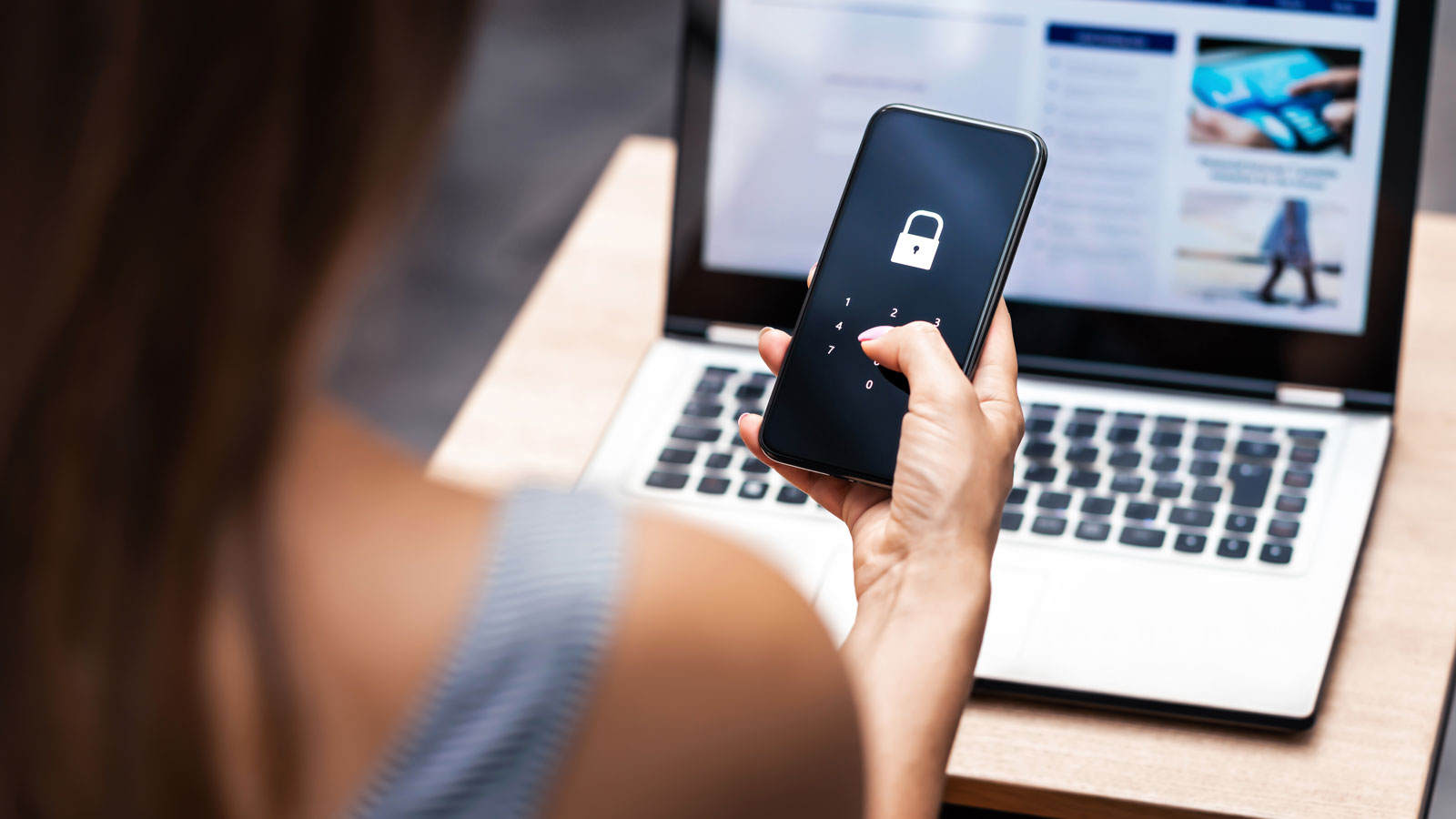
How to Protect Against Identity Theft and Fraud
Detect and Prevent Misuse of Personal Information by ID Thieves
Here's how to track you accounts and protect your confidential information from misuse by identity thieves.











Topics
Find Out More


Junk fees should be banned, U.S. PIRG tells FTC

How to use iPhone privacy settings 2024
